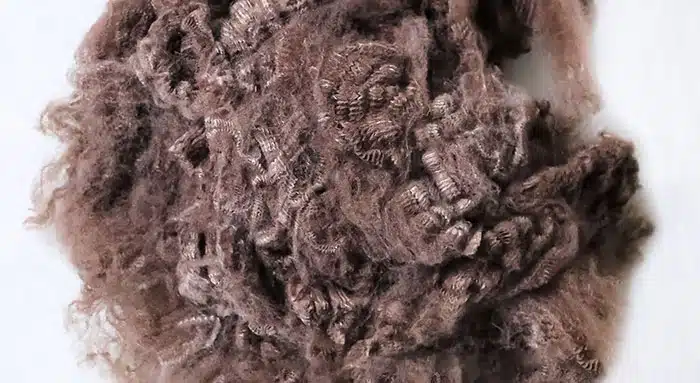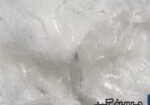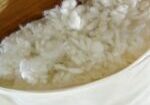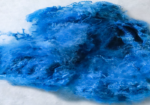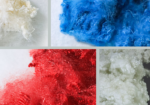What are synthetic fiber?
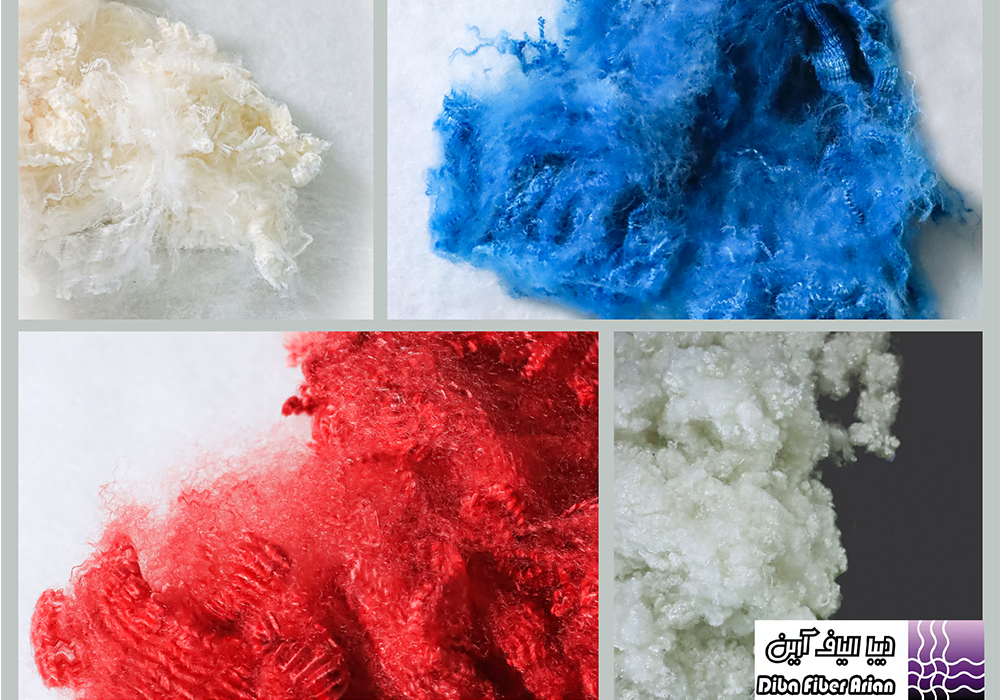
Synthetic fibers refer to a group of textile fibers that are prepared and produced industrially by special methods; generally, by melt spinning, and are usually not found in nature, but may have natural origin. Such as: acrylic fibers, polyhead, polymed (nylon) and etc. Synthetic fibers can be developed to have different appearance and characteristics. They can be bulked up or compressed to get more volume.
What are synthetic fiber?
Synthetic fibers refer to a group of textile fibers that are prepared and produced industrially by special methods; generally, by melt spinning, and are usually not found in nature, but may have natural origin. Such as: acrylic fibers, polyhead, polymed (nylon) and etc. Synthetic fibers can be developed to have different appearance and characteristics. They can be bulked up or compressed to get more volume.
They can be made as microfibers. Chemicals, antibacterial agents and even fragrant essence can be adding to these synthetic fibers.
Why is it important to know the types of synthetic fiber and their uses?
Since these synthetic fibers have become an essential part of our lives, it is substantial to learn about the different types of synthetic fibers and their properties and uses. By getting acquainted with the types of synthetic fibers with their properties and applications, you can understand the importance of synthetic fibers in our daily lives.
Comparison of synthetic fiber with natural types:
Synthetic fiber are more durable than many types of natural fibers. Also, the properties of synthetic fibers and fabrics can be easily adjusted by changing the chemical composition and production process conditions. For example, they can be flexible or rigid, or they can have high or low water absorption properties. Compared to natural fibers, synthetic fibers are mostly resistant to moisture, stains, heat and chemicals.
Generally, natural fibers are more sensitive to environmental conditions than synthetic fibers. Because they are biodegradable, they can be attacked by various bacteria and fungi (such as mold) and become damaged and worn out over time. While it can be said that synthetic fibers are not degradable and are more resistant. It is important to mention that although the use and consumption of synthetic fibers, including polyester fibers, is increasing in the world, the biodegradability of natural fibers can perhaps be considered as an advantage of this group of fibers.
Uses and applications of synthetic fiber:
Normally, the use of synthetic fibers is very popular and is useful for all kinds of clothes or reinforcements such as tires, belts and industrial hoses. Polyester fibers such as hollow fiber and solid fiber (regular fiber) are widely used in bedding sector, wadding and felt manufacturing. They also used in travel pillows and blankets, sleeping bags, and outdoor computer tools.
Elastomeric synthetic fiber:
Machine-made carpets and rugs are usually made of nylon. The nylon can be mixed with industrial fibers to produce sportswear (Jogging suit). Acrylic fibers have properties similar to wool but do not absorb water, which makes them suitable for products such as cold weather clothing like jackets and home furnishing fabrics.
Polyolefin synthetic fiber:
Polyolefin fibers, which are made of polypropylene or polyethylene, are strong, have good color and stain resistance, mold and microorganisms have little effect on them, which is why they are ranked well in the chart of synthetic fibers. They do not absorb water like acrylic fibers. These properties allow it to be used in many applications, including home furnishing, indoor and outdoor carpets, automotive fabrics, industrial fabrics, safety clothing, including police and military vests, hats, etc.
Polyester synthetic fiber:
Polyester fibers have special and unique properties that allow them to be used in the production of various products. Among these features, we can mention their softness and light weight. Synthetic fibers are very durable and friendly to human health because synthetic polyester fibers do not cause allergies and can be easily washed in the washing machine, although washing these fibers by hand is unimpeded; it could be pointed out that they will never smell Unpleasant and have high durability and resistance
Generally, synthetic fibers can be divided into two groups:
Hollow fibers which are used to fill the inside of sleep products such as mattresses and pillows.
Solid fibers which are bulky and have more density, this type of fibers are used in many industries such as: production of carpets, machine carpets, filters, types of insulation, etc.
Commonly, the non-silicon polyester staple fiber are used to produce sintepon, felts, synthetic winterizer or wadding.
Indeed, with the increase in the population every year, the supply of clothes made of natural fibers is facing many troubles, so the goal of replacing polyester fibers as a substitute for natural fibers will be a cost-effective and logical decision.
New achievements in the field of polymers and additives cause a large number of new properties and functions to be added to textiles. Synthetic textiles, which are very practical, have come to the aid of mankind in sectors such as agriculture, automobile, protective and sports clothing, household and industrial sectors, etc.
Buying polyester synthetic fibers:
Due to the wide use of this type of fiber in our lives, the demand for this category of synthetic fibers is increasing day by day. For this reason, synthetic fibers are mostly purchased in bulk; if you have plan to buying synthetic fibers, pay attention to the following factors:
What kind of raw material are your fibers made of?
According to your business, which type of fiber is more suitable for you?
Buy from renowned companies in this industry.
The price of synthetic fibers varies according to the nature of hollow or solid, as well as silicone or non-silicone type.
Diba Fiber Arian:
Diba Fiber Arian Company was established in 2004 and produces all kinds of hollow and solid fibers. The modern equipment of this company allows us to produce recycled and first-hand (virgin) polyester fibers. Experienced staff, quality control laboratory, short delivery time to customers and price stability have made Diba Fiber as a reliable producer and partner for domestic and foreign customers.
“”Diba Fiber Arian ” products are used in various textile industries such as spinning industry, carpet production, non-woven fabrics, doll stuffing, furniture and also production of sleeping products.
The company can be a reliable partner for textile industries.
We are honored to say that Diba Fiber Arian Company is among the best Manufacturer of synthetic fibers in Iran and middle east.

